Salary Requirement Letter Template for Job Applications
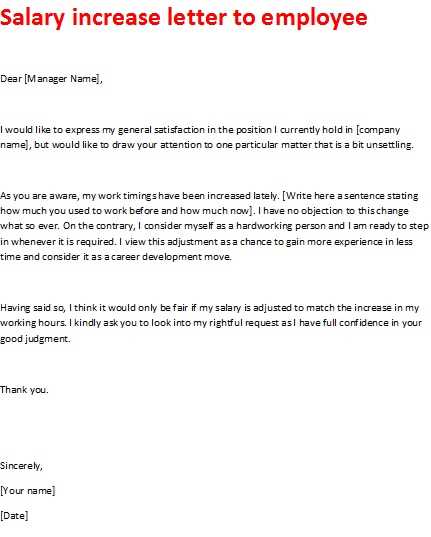
When applying for a job, it’s essential to clearly express your expectations regarding compensation. This ensures that both you and the potential employer are on the same page before moving forward in the hiring process. Knowing how to phrase your expectations professionally can help create a transparent and positive communication channel. In this guide, we will explore how to effectively present your pay expectations in a formal document.
Key Points to Include in Your Document
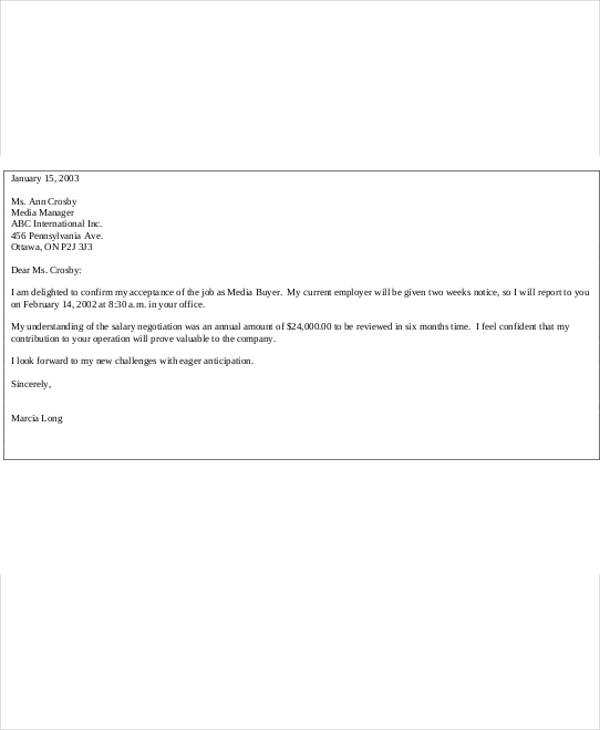
To make sure your message is clear, certain elements are important to mention. These points will help structure your message while maintaining a professional tone:
- Specific Compensation Range: Clearly state the range you’re seeking, considering the industry standards and your experience level.
- Justification: Briefly explain the reasoning behind your compensation expectations, such as your qualifications, experience, and market research.
- Flexibility: Mention if you’re open to negotiation, showing that you are willing to discuss the offer further.
Structuring the Message Professionally
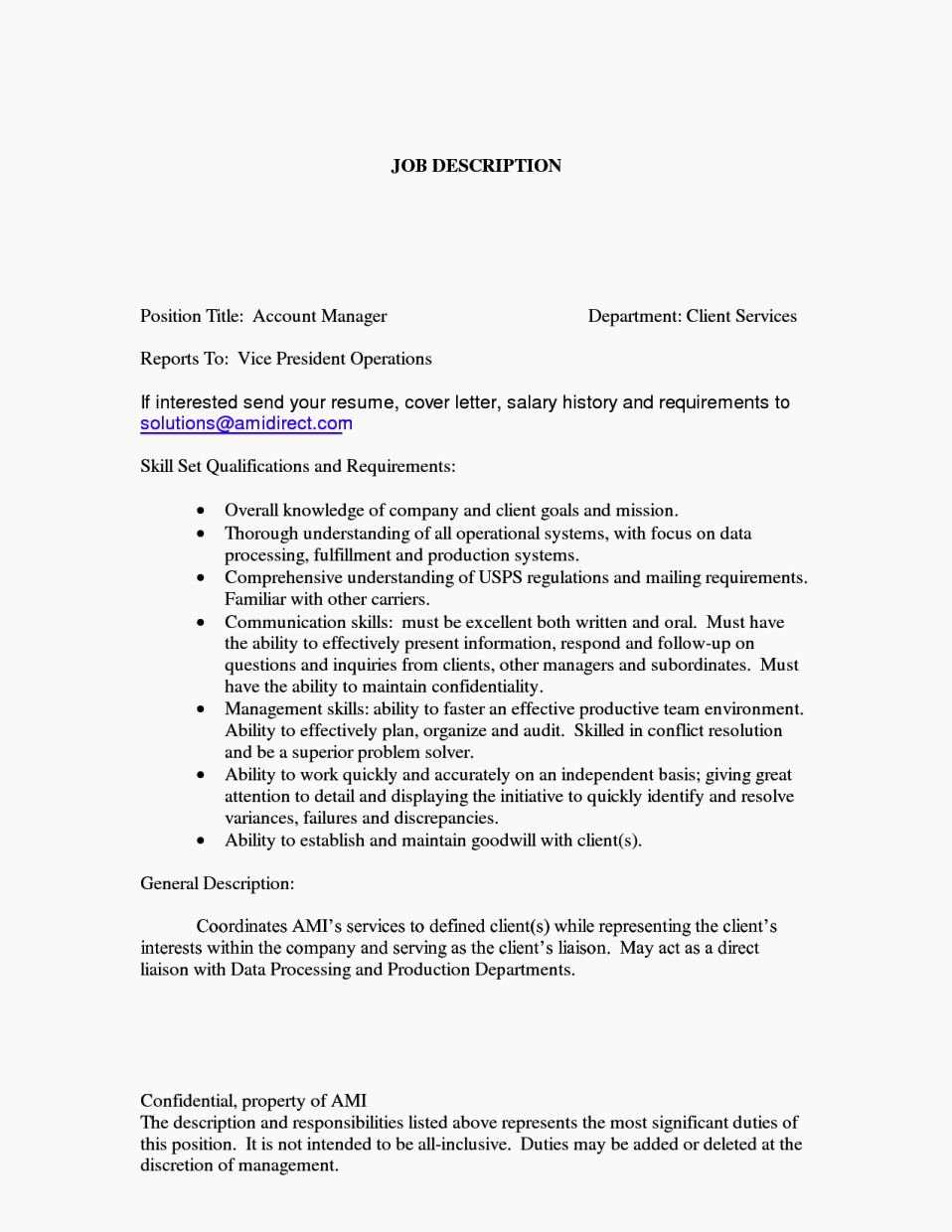
While the content is important, the structure of your communication should also be concise and formal. The following format can help ensure your message is easy to follow:
- Start with a polite introduction, briefly mentioning your interest in the position.
- Follow with the compensation range you’re looking for, keeping it clear and straightforward.
- Conclude by expressing your openness to further discussions and negotiations.
Common Pitfalls to Avoid
To make your communication more effective, avoid these common mistakes:
- Being too vague with your expected compensation.
- Over or underestimating your worth compared to industry standards.
- Using an aggressive or overly demanding tone.
How to Personalize the Approach
Each job and employer is unique, so tailoring your message to fit the specific opportunity is important. Consider the company’s culture and the position’s requirements when crafting your compensation expectations. If the role involves responsibilities outside the usual scope, make sure to reflect that in your proposed compensation.
How to Communicate Compensation Expectations Professionally
When applying for a position, it’s crucial to clearly state your compensation expectations. This ensures that both you and the hiring organization have a mutual understanding before moving forward with discussions. Effectively presenting your compensation preferences can help streamline the negotiation process and prevent misunderstandings later on.
Key Elements to Include in Your Document
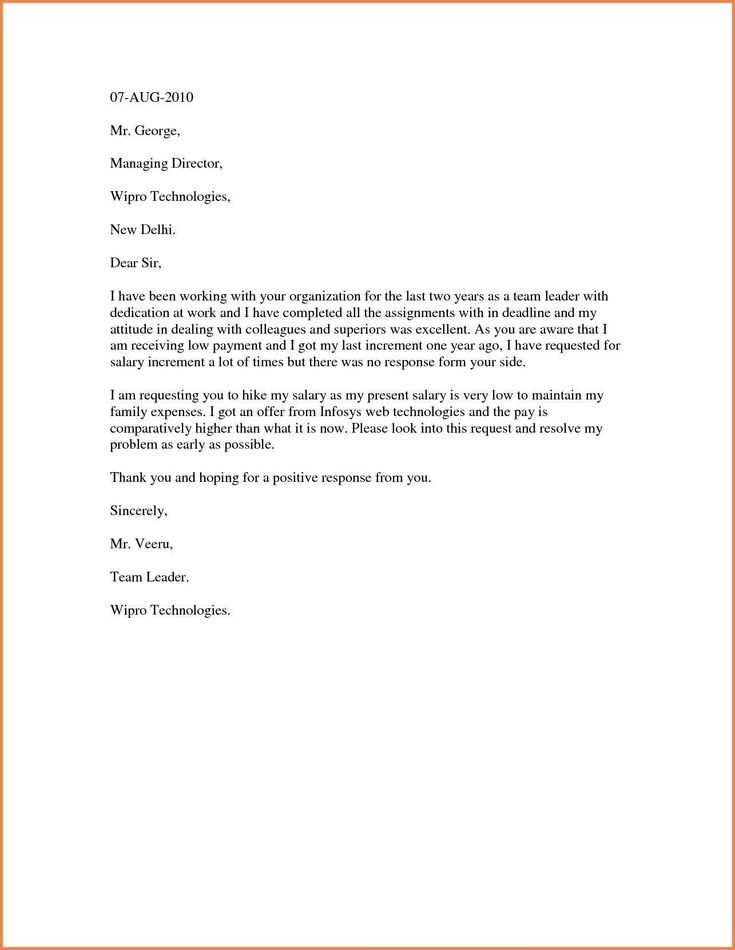
To ensure your communication is clear and professional, focus on these essential components:
- Compensation Range: Provide a specific salary range based on market research and your experience level.
- Rationale: Briefly explain why you’re seeking this amount, referencing industry standards or your qualifications.
- Flexibility: Indicate whether you are open to negotiations or adjustments based on the overall compensation package.
Tips for Setting a Realistic Compensation Expectation
When determining your compensation expectations, consider the following:
- Research typical salaries in your field to get a realistic benchmark.
- Take into account the level of responsibility associated with the position.
- Factor in your experience, education, and any unique skills that contribute to your value.
By being reasonable with your expectations, you can foster a positive impression and open the door for productive conversations.
Understanding the Purpose of Compensation Requests
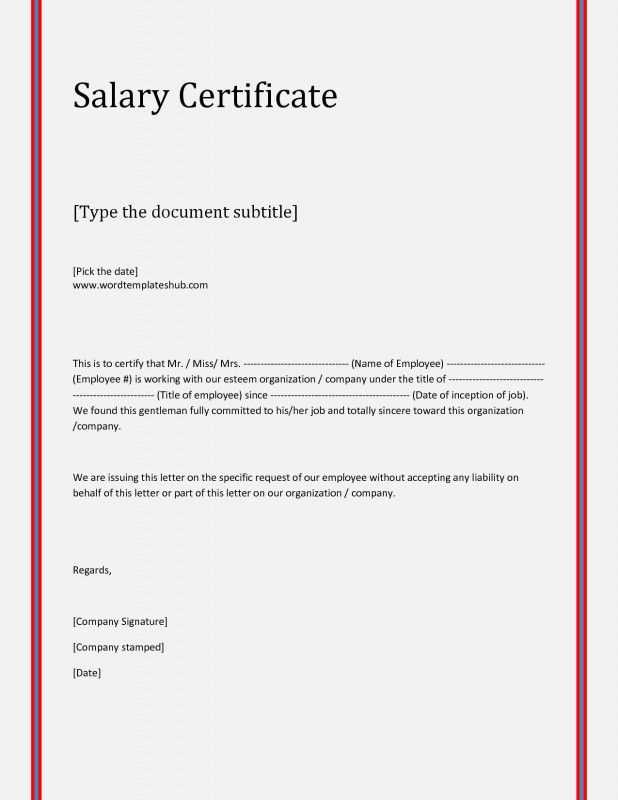
The goal of stating your compensation preferences is to align expectations early in the hiring process. This helps both parties determine if the position is a good fit before investing further time and resources. It also helps you avoid wasting time pursuing opportunities that don’t meet your financial needs.
Common Mistakes to Avoid During Writing
Avoid these common errors to increase your chances of a successful negotiation:
- Being overly vague about your expected pay.
- Setting an unrealistic figure that doesn’t align with the market or your experience.
- Coming across as inflexible or demanding in your tone.
Examples of Effective Compensation Communication
Here is an example of a well-crafted compensation expectation:
“Based on my five years of experience in this field and my research into industry standards, I’m seeking a salary range of $60,000 to $70,000. I am open to discussing the total compensation package, including benefits, to ensure a mutually beneficial agreement.”
How to Personalize the Document for Employers
To make your communication more effective, tailor it to the specific role and employer. Mention factors that are unique to the position, such as additional responsibilities or specific expertise required. This will show that you’ve done your homework and that your expectations are well thought-out and appropriate for the job in question.